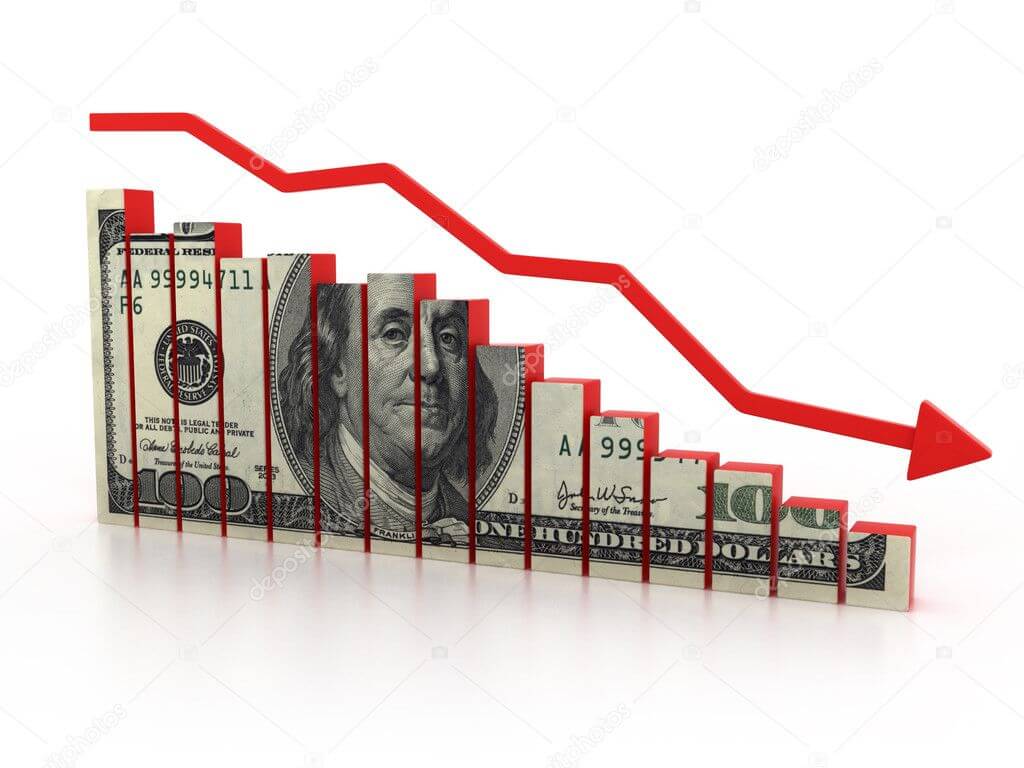The topic of inflation is getting lots of attention these days.
Inflation, for starters, is defined as the decline in purchasing power of a given currency. So, as an example, if the US Dollar experienced 2% inflation over a given period, the purchasing of $1 gets reduced to $0.98. Because a dollar is worth less, you must spend more to fill your gas tank, buy a gallon of milk, get a haircut etc. In other words, inflation increases your cost of living.
Is inflation good or bad?
Inflation can be a tricky economic indicator: If it is too high, it erases the purchasing power of consumers; if it is too low, it can reduce economic growth. Inflation can also be bad for stock markets as it often leads to higher interest rates, meaning big firms have to pay more to service their debts which can then erode their earnings.
What is causing inflation now?
Over the past 10 years inflation has basically held steady, averaging a bit under 2%. However, over the past year, inflation has increased at a rate of 5%, well above the ten-year average. While it is easy to point the finger at the Federal stimulus plans that pumped money back into the economy as the world came to a halt, the real cause of inflation seems to be a bit more nuanced.
Members of the Federal Reserve, along with a chorus of economists, argue that most of the inflation we are experiencing now can be attributed to bottlenecks in a variety of supply chains as demand surges with a reopening economy.
Translation: Consumers have cash to burn and suppliers are struggling to meet demand! The overwhelming majority of recent inflation is derived from spikes in industries that were hammered by the pandemic. Demand has skyrocketed in a few notable areas: raw materials, energy, metals, food, used automobiles, appliances, and travel.
Where does inflation go from here?
Whether inflation is transitory (i.e. brief, short-lived) or not is a common question being asked. If employment reports start to outpace analyst estimates, or, if inflation gets too high, the Federal Reserve may pull back on their $120B monthly bond purchases and eventually raise interest rates.
At their June meeting, the Fed moved up their targeted interest rates increase from 2024 to sometime in 2023. There are some members of the Federal Open Market Committee (FOMC) that believe the U.S. should start raising rates as early as 2022.
What’s it mean for you?
There is a possibility, not a certainty, that inflation may impact the everyday investor. Even if inflation moderates, as the Fed anticipates, it is still expected to run at almost 2.5% over the next five years, resulting in a negative inflation-adjusted return on Treasuries. With all that said, though, the economy is an incredibly complex and unpredictable system.
Should you be concerned? For those in, or nearing, retirement who live on a fixed income, any reduction in purchasing power can be unsettling. While there is no way to truly “inflation-proof” your portfolio, there are strategies that can lessen the blow:
- Maintain a globally diversified portfolio!
- Hold a portion of fixed income in Treasury Inflation-Protected Securities (TIPS)
- Consider Real Estate Investment Trusts as a hedge against inflation and underperforming equities (rents and values tend to increase when prices do)
- Avoid fixed income assets that have long durations (5+ years)
- Prioritize fixed rate debt > adjustable rate debt, and/or consider converting adjustable rate debt to fixed rate where practical.






